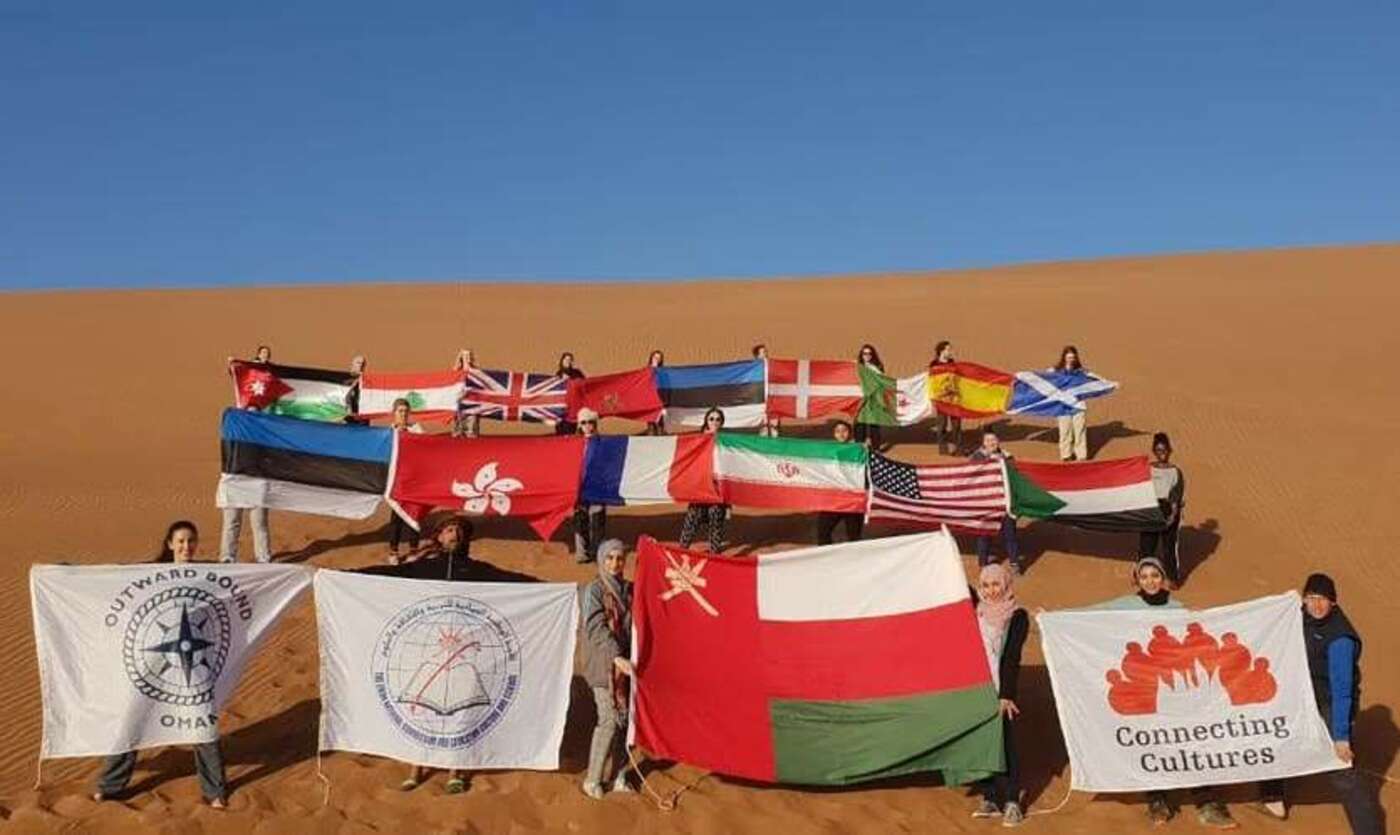The Responsibility That Comes With Solidarity
When defining solidarity, we must consider its full complexity: its differing scales, aspects both positive and negative, and most importantly the individual responsibility attached to such a powerful collective phenomenon. Every individual has power to impact the ways in which solidarity shapes the community and the world around them: the important thing is how we choose to use this power.
What springs to mind when you think of solidarity? Perhaps the unconditional love and support of your family, or a group of friends supporting each other through difficult times. Perhaps the warmth of pride that surges up in you as you sing your national anthem, or the smiles exchanged and special bonds between European citizens.
A feeling of unity or fellowship which brings people together, solidarity can be an immensely positive power, creating a sense of support, trust and belonging.
In January I represented Scotland on a UNESCO-endorsed ‘Connecting Cultures’ course run by Outward Bound Oman, trekking, camping and discussing contemporary global issues with 19 young women from around the world. Designed to build bridges between the Middle East and the West, the world-leading initiative bypassed historic and geopolitical divisions by investing in the global leaders of the future: young people! Our desert conversations taught and changed me more than I can put into words and inspired me continually strive to learn more about different countries and cultures.
“We are all better than we know; if only we can be brought to realise this, we may never be prepared to settle for anything less” – Kurt Hahn (Outward Bound co-founder)
Coming from 16 countries spread across 5 continents, these inspiring young women were incredibly warm, friendly and supportive, with so much in common including our hope and determination to make the world a better place. For me the unique atmosphere during our journey together through Oman epitomises the meaning of solidarity (or اتحاد-تعاون-تضامن in Arabic) in its best possible form.
However, my return home to the UK where divisive rhetoric of fear of the ‘other’ and twisted patriotism is fracturing our political system and even potentially our union was a stark reminder that solidarity can be dangerous.
Our challenge is that solidarity is by definition a feeling of unity between similar or like-minded people which risks the fragmentation of dialogue and the demonization or alienation of any given group.
It is perhaps human instinct to form into groups and to separate ourselves from whoever we perceive as the ‘other’; today still sees worldwide divides and discrimination across class, race, gender, sexuality, disability, religion and a whole host of other variables where solidarity of one group might involve ostracization of another. Yet this is an instinct we must fight against and a choice that lies with each and every individual.
I have been very inspired by some of the global role models shared during the course of our desert adventure, from Sudanese youths bravely standing up for their vision of the country’s future to an Estonian minister who moved office to an area dominated by Russian migrants to boost their integration, sense of representation and belonging. However, the story with the greatest personal impact was that of the Danish minister Özlem Cekic.
As a Kurdish, Muslim woman, Cekic has received large amounts of hate mail and threats since entering national politics. Though at first, she deleted and ignored all the intimidating messages she received, since 2010 she has written back to everyone who sends her hate mail and gone to their house for what she ‘a dialogue coffee’ where they share food and talk about things they have in common. In her TED Talk ‘Why I Have Coffee With People Who Send Me Hate Mail’, she challenges us all to consider who we as individuals demonize – perhaps we mistrust one or multiple minority groups, or if not we have no time for people who do – and to engage in our own dialogue coffees to build bridges across difference and misunderstanding.
“If you want to prevent hate and violence, we have to talk to as many people as possible for as long as possible while being as open as possible” … “conversation is the most difficult thing in a democracy and also the most important”. – Özlem Cekic
When defining solidarity, we must consider its full complexity: its differing scales, aspects both positive and negative, and most importantly the individual responsibility attached to such a powerful collective phenomenon. Cekic highlights our “personal responsibility for the democracy” and the power of every individual to positively impact their neighborhood, country and indeed the world as a whole by engaging in discussions to expand the limits of their own spheres of solidarity.
No Connecting Cultures participant will ever forget these two quotations:
“If you think you are too small to make a difference, try sleeping with a mosquito in the room” – Dalai Lama
“All that is needed for the triumph of evil is that good people do nothing” – Edmund Burke
Stressed throughout our time in Oman, they emphasise our individual and collective responsibility as well as the power we hold, no matter how small or insignificant we might feel, to shape the world around us.
Last year Scotland celebrated ‘The Year of Young People’ and it feels right to finish with homage to the solidarity between youths across the globe and the exciting potential of our generation to come together and build a global community who all experience the true meaning of ‘solidarity’.


Kommentare